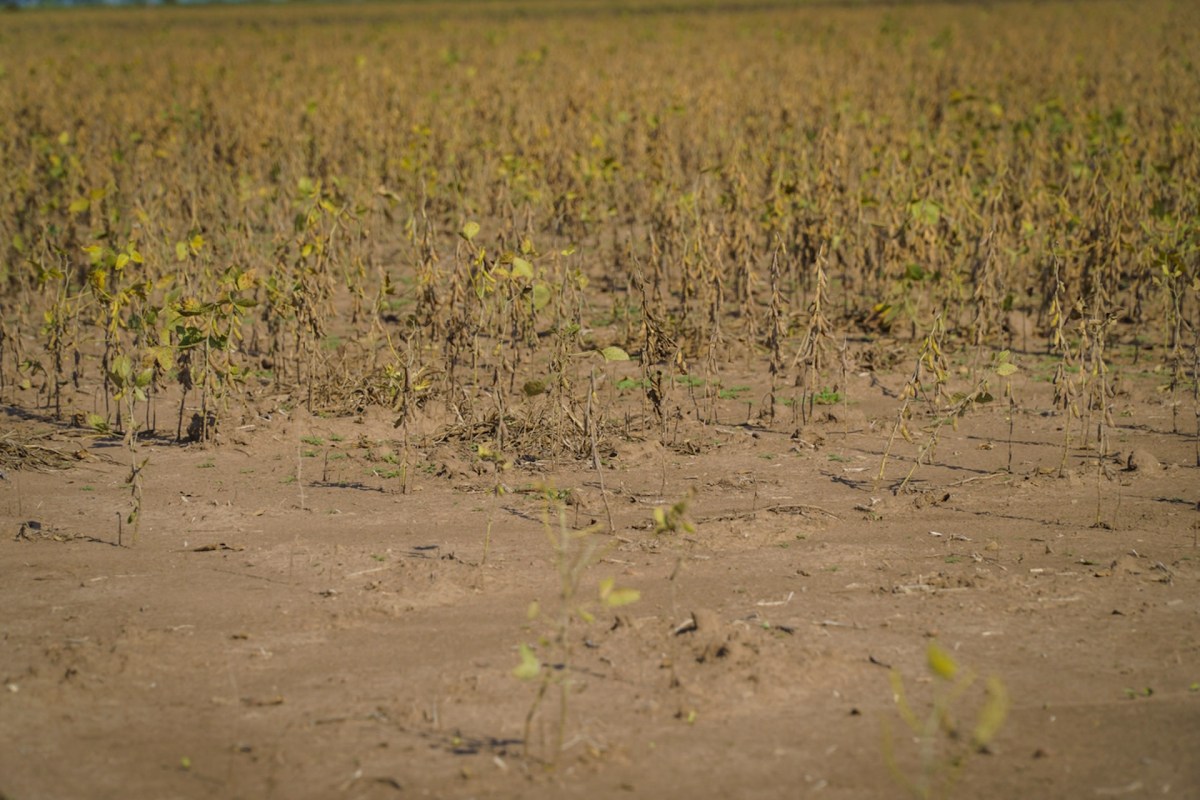Rising atmospheric carbon dioxide, along with other climate-related changes, can impact the nutrient levels of our food. This most significantly impacts those already suffering from food insecurity or nutrition deficiencies.
What's happening?
Human-caused carbon dioxide pollution has created an imbalance between air and soil, according to FoodUnfolded. There is more carbon gas in the air, but amounts of nitrogen, phosphorus, potassium, calcium, and other nutrients that plants need to metabolize have not experienced the same increase. The result is a plant that is carbon-rich but micronutrient-poor.
"In essence, the chemistry we rely on for our nutrition, protein, vitamins, and minerals is out of whack," associate professor of environment health sciences at the Columbia Mailman School of Public Health Lewis Ziska told FoodUnfolded.
Soil degradation and biodiversity loss can also impact the nutritional makeup of the foods we eat. Industrial agricultural processes can disturb soil health, and soil acidification and pollution can also make our food less nutritious.
Biodiversity losses, such as the extinction of crop species or pollinators, could reduce the variety of food types available.
Why is climate's effect on food important?
According to the World Health Organization, two billion people already have deficiencies in key micronutrients such as Vitamin A, iron, and zinc. A 2018 study found that elevated carbon levels could cause an additional 175 million people to be zinc-deficient and an additional 122 million people to be protein-deficient in the coming decades.
"It's a huge burden on human health," said Matthew Smith, a research scientist in environmental health at Harvard's T.H. Chan School of Public Health.
Declining nutritional value in staple crops will disproportionately impact populations already experiencing malnutrition, according to FoodUnfolded.
What is being done about climate impacts on nutrition levels?
"We need a range of solutions that tackle all areas of the problem, with the sense of what the interactions between climate change, carbon dioxide, and soil changes mean for the nutrients in our food," said Kristie Ebi, a professor of global health at the University of Washington in Seattle.
Reducing the use of dirty energy sources like coal, oil, and gas will curb the rise in atmospheric carbon dioxide.
According to FoodUnfolded, restoring soil through regenerative agricultural practices could reverse the degradation of soil health, remove carbon from the atmosphere, and foster a more resilient Earth. Financial incentives that reward high nutrient density rather than crop yields might encourage changes at the farm level.
Join our free newsletter for weekly updates on the coolest innovations improving our lives and saving our planet.









